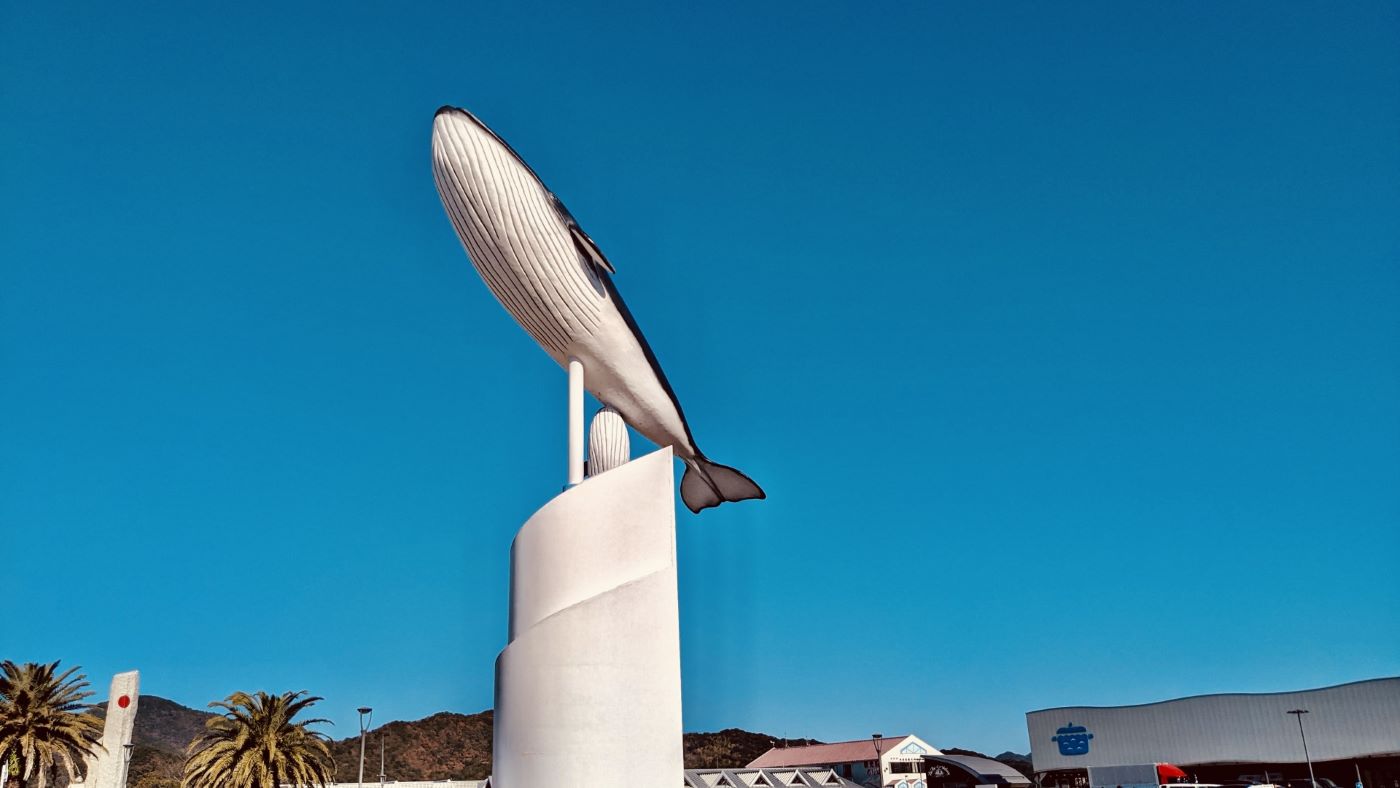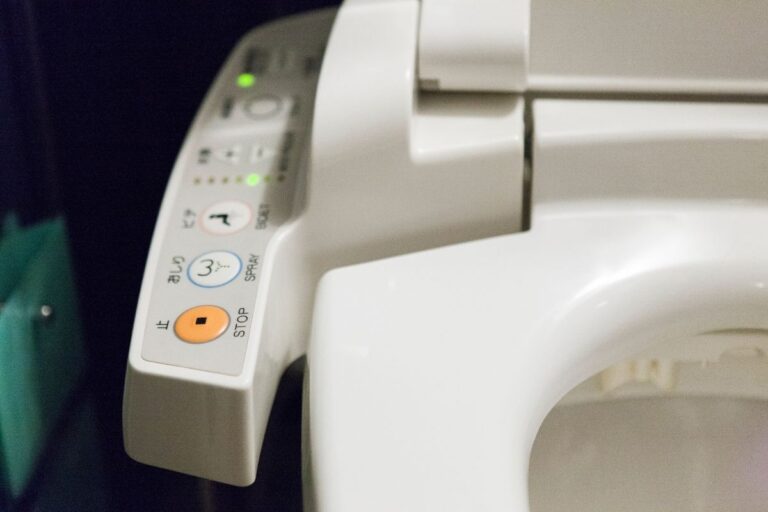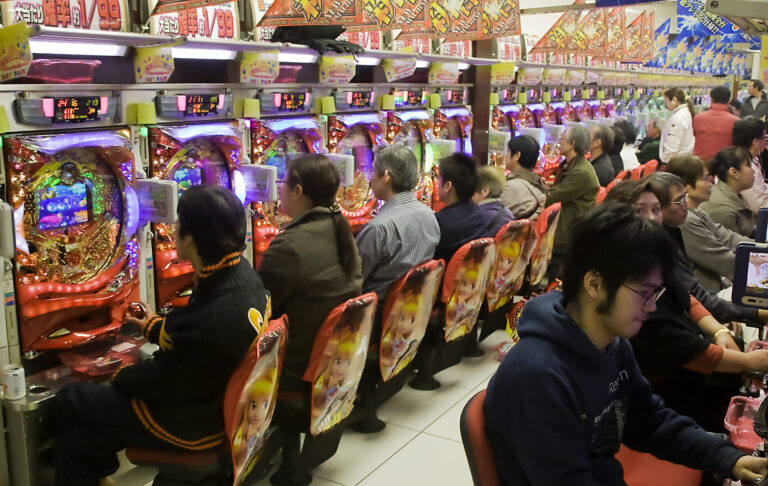A controversial subject for decades has been Japan’s decision to engage in annual whale hunts for what it deems a scientific program, a study to determine the status of population and species that the Japanese government insists does not significantly alter the whale population. Japan has come under fire from organizations such as Greenpeace and the World Wildlife Fund because they believe the “scientific study” is a cover—or otherwise not a legitimate enough excuse—to justify commercial whaling, as whale meat is a delicacy dish in Japan and is legally sold in fish markets as a result of these scientific expeditions. Japan’s retort has always been that the whaling is scientifically necessary and that other nations put an unjust importance on saving whales (yet accept eating other kinds of seafood) when not all species of whales are endangered.
Nevertheless, Japan is supposed to keep its whale meat sold domestically, as it is illegal to export the meat to other countries. However, recently Japan Today reported that illegal whale meat from Japan has been found in sushi restaurants in South Korea and the U.S. Interestingly, scientists could prove the meat came from Japan due to DNA testing on the sashimi meat that matches the DNA of meat sold legally in 2007 on the Japanese market; in other words, this meat was not just from the same species of whale, it was from the exact same whale.
The restaurant in the U.S. (The Hump, formerly in Santa Monica, California) was forced to close in response to the study and is facing criminal charges. The study, overseen by the Oregon State University Hatfield Marine Science Center, was a private study performed by opponents of whale hunting, but their discovery of illegally exported whale meat may influence the International Whaling Commission’s consideration of making commercial whaling legal (with restrictions), which has long been an aim of Japan. Opponents of legalizing commercial whaling fear that the whale population will suffer greatly and that illegal activity will continue. However, proponents believe that commercializing and regulating the activity will help decrease the illegal trade.
Do you believe Japan should stop whaling? Do you believe in Japan’s reasoning that it’s for scientific study, particularly when whale meat is such a delicacy? Do you think that making commercial whaling legal with restrictions will help quell illegal activity or make the problem worse?
No related posts.
Tags: commericialized whaling, greenpeace, hatfield marine science center, international whaling commission, japan, japan news, japan whaling, oregon state university, south korea, sushi, usa, whales, whaling, whaling debate, world wildlife fund




